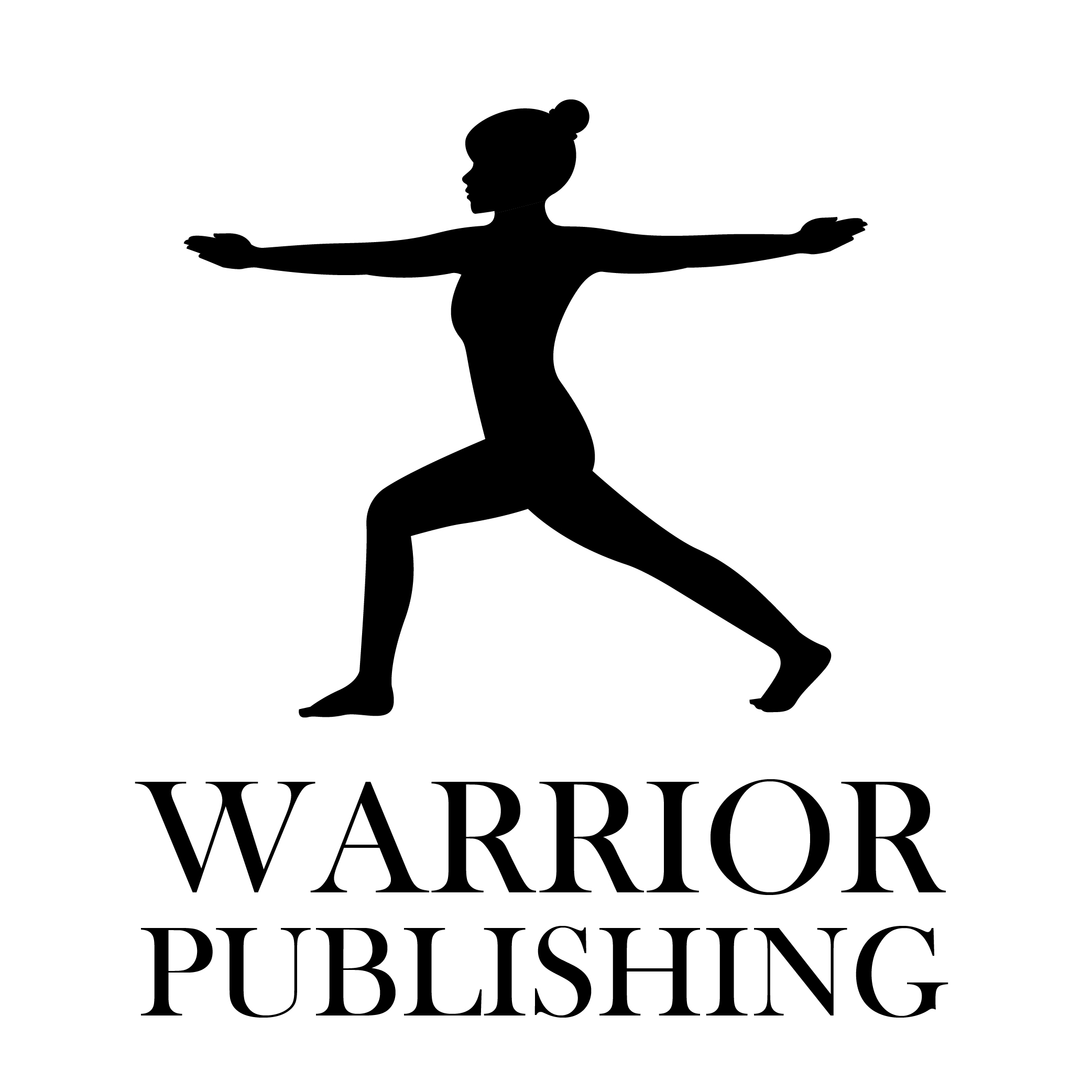Does the hustle and bustle of your daily grind have you reaching for a glass of liquid relaxation more often than not? It’s an easy trap to fall into, and the ubiquity of alcohol in our society can distort our perception of what ‘normal’ drinking really means. Ringing any bells?
This article is your guiding light, helping you face those intimidating shadows attached to the thought of sobriety, while illuminating your individual journey to a healthier, alcohol-free existence.
The Slippery Slope: When Sipping Becomes Craving
In the relentless flurry of our societal expectations, stress has sneakily weaved itself into the fabric of our daily lives, like an uninvited, persistent guest. It’s hardly surprising then, that you may find yourself on a constant quest for a calming oasis. A rejuvenating glass of Sauvignon Blanc after a demanding day – it presents itself as an enticing self-care gift. After all, who could resist?
But here’s the twist. This seemingly innocent habit can silently evolve into a dependency. Your occasional ‘want’ for that drink can imperceptibly turn into an insatiable ‘need’. In no time, you might find yourself tethered to that bottle, looking upon it as your magical elixir for stress-relief, reinforcing a habit that’s far stickier than you’d initially thought.
This downward spiral can feel all too natural, and the whirlpool of overwhelm is a valid response. However, the silver lining here is that it’s perfectly acceptable – and entirely possible – to traverse a healthier path, learn new ways to tackle stress, and assertively regain command over your wellbeing.
Sneaky Habits: How Stress and Drinks Became Best Friends
Society often tells us it’s okay to have a drink to relax. That’s why so many of my clients who use alcohol to de-stress say, “It helps me to unwind.”
We all need to find ways to let off some steam. The faster the relief, the better, right?
Coupled with this desire for a quick fix, the “okay-ness” of alcohol gently pushes you to drink and because you haven’t learned how to manage your stress in other ways, every time you are stressed, you’re tempted (and often do) drink.
Remember, it’s crucial to spot sneaky habits like stress drinking. It’s okay and doable to find healthier ways to handle stress and take care of your wellbeing. And it’s easier than you might think.
Worries and Wellness: The Hurdles of Embracing a Drink-Free Life
People know drinking too much isn’t good. Still, many feel stuck in the cycle because of fear. They’re afraid of missing out on parties, losing friends, or not being able to enjoy without a drink. Then there’s the scary thought of being tagged an ‘alcoholic’, or seen as ‘flawed’ or ‘weak’, which can make them hesitate to get help or choose to quit.
But here’s the truth: these fears are usually overblown and, even better, beatable. Not drinking doesn’t mean you’ll miss out on fun, and it doesn’t stamp you as an alcoholic. It just means you’ve chosen a healthier, happier you.
Embracing the Sober Life: Busting Myths and Embarking on a New Adventure
You’ve noticed your drinking has become a bit too frequent, and your health is starting to raise some red flags. You’ve considered toning it down a bit, but what about halting it completely?
Venturing into the realm of sobriety is a journey of self-discovery and transformation that calls for strength, determination, and a pledge to make a change. It’s not a sign of weakness or failing willpower, rather it’s a powerful statement of taking back the reins of your life. Embracing sobriety doesn’t mean you need to swap out your entire friend circle or stop enjoying social events.
Crucially, we must understand that sobriety doesn’t label you as ‘broken’; instead, it’s a standing ovation to your resilience and grit. It’s about releasing yourself from the clandestine hold of drinking as a societal norm. It’s about placing your health and wellbeing above societal expectations. Because at the end of the day, your health, your wellbeing, your choices matter most.
Making Sobriety Your New Normal
Switching to sobriety doesn’t entail bidding farewell to enjoyment or companionship. Quite the contrary – it can lead you down a path bustling with novel and enriching experiences. The truth is, savoring social events or unwinding after a long day isn’t solely tied to alcohol consumption. There’s an entire world of alternatives out there – be it diving into outdoor adventures, discovering captivating hobbies, or indulging in stimulating conversations – all capable of offering equal, if not greater, fulfillment.
The early stage of this lifestyle change might test you, as your brain reprograms itself to adapt to an alcohol-free routine. But holding on through this period is crucial. As the days roll by, these fresh habits will feel more and more like second nature, and before you know it, sobriety can seamlessly blend into your ‘normal’.
Reframing Our Mindset Towards Alcohol and Sobriety
The first step in this transformative journey is to change our perceptions and preconceived notions about alcohol and sobriety. We must challenge the societal norms that have normalized drinking and made sobriety appear as an aberration. It’s essential to recognize that relying on alcohol as a stress management tool isn’t healthy or sustainable in the long term.
To tackle the misconceptions that bind us to these harmful patterns, we need to reframe the narrative around sobriety. We need to strip away the stigmas, the labels, and the judgments, and instead view it as a lifestyle choice synonymous with self-care, health, and resilience.
Harnessing Help: Your Change Champion
Turning the tables on normalized drinking is not a solitary journey. Like any meaningful lifestyle shift, the path to sobriety often calls for a robust support system, practical tools, and expert advice. Here’s how you can harness help, acting as a launchpad for authentic and enduring transformation:
- Counseling: Trained professionals offer cognitive-behavioral tactics that aid in reshaping your relationship with alcohol. They provide clarity, impart coping skills, and help unearth and tackle any root causes feeding your alcohol reliance.
- Peer Support Groups: These circles provide a unique community for those treading the same path. Shared experiences and collective strength foster camaraderie, alleviate feelings of loneliness, and remind you that you’re not alone on this journey towards sobriety.
- Digital Resources: In our tech-savvy era, a myriad of online resources awaits at your fingertips.
- Apps and websites offer tools to track your progress and deliver motivation.
- Connect with a worldwide sobriety-focused community, allowing for support seeking from the cozy confines of your home and at your own pace.
- Expert Advice: Physicians or addiction specialists elucidate the physical and mental facets of alcohol dependency and provide medical wisdom or treatment options when needed.
Ultimately, seeking support is about empowering yourself to navigate your sobriety journey efficiently and resiliently. It involves equipping yourself with tools, resources, and knowledge, recognizing the magnitude of this shift, and pledging to a healthier, more balanced life. In this light, seeking support stands as a true game-changer in this journey.
Conclusion
as you reflect on the paradox of normalized drinking and its impact on stress and burnout, it’s crucial to recognize the power you hold within yourself. By challenging societal norms, reframing your mindset, and seeking the necessary support, you have the ability to break free from the grip of alcohol and embrace a healthier, more fulfilling life.
Remember, sobriety is not a weakness, but a testament to your resilience and determination. It’s a conscious choice to prioritize your well-being and reclaim control over your stress and burnout. Through this transformative journey, you will discover new ways to navigate stress, engage in meaningful connections, and find joy in alternative experiences that don’t rely on alcohol.
Embrace the journey with courage and conviction. Know that you are not alone – there is a community of support waiting to uplift and guide you. As you step into this new chapter of sobriety, may you find strength, peace, and a renewed sense of purpose. Your path to a healthier, more balanced life begins now.
—————————-
Want me to speak to your organization about managing stress? Check out my keynote, “Flip Your Mindset.”
—————————-
Do you want to get my Burnout Checklist for free?
I’ve created a checklist to help you identify signs of burnout and steps to take to get immediate results. Curious?
Author

Dr. Sharon Grossman, AKA the Burnout Doc, is a clinically trained psychologist and subject matter expert in burnout and mental health. Associations and Fortune 500 companies hire her to be their closing keynote speaker, to help their members and executives crack the code on burnout, and create custom-tailored solutions for recovery.
Over the past 20 years, Dr. Sharon has been helping high achievers who are struggling with anxiety, overwhelm, and burnout go from exhausted to extraordinary by better understanding how their brain works and how they can design and run their programming on purpose to live the kind of life they want to live. She is the author of several books on burnout and mindset and host of the Decode Your Burnout podcast. Through her speaking, training, and coaching, she helps organizations keep their top talent.


Recent Comments